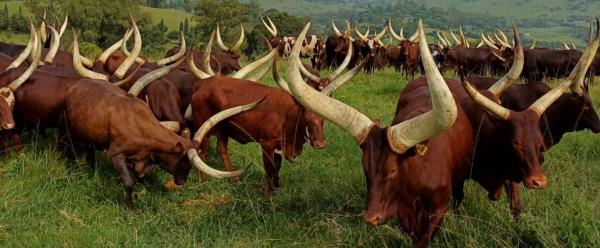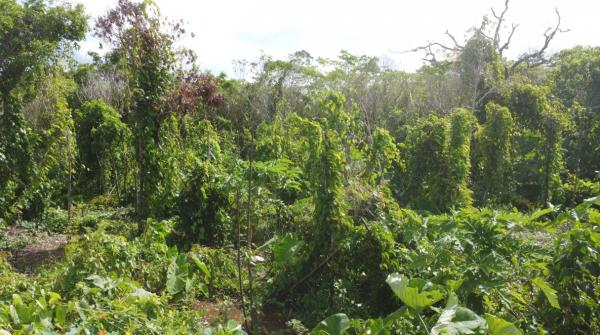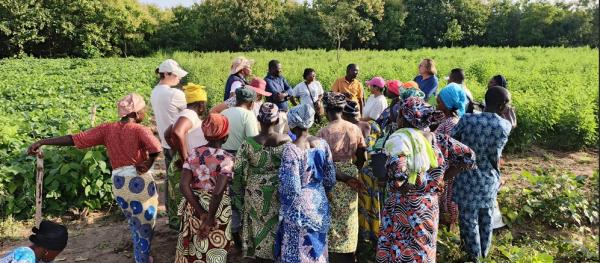Just out 20 January 2026
- Home
- Our activities, our impact
- Priority research topics
- Agroecological transitions

Agroecological transitions
The topics to be stepped up at CIRAD concern several major fields:
Generation, management and dissemination of new knowledge
- technical knowledge generation must be continued, particularly regarding what biodiversity (including at soil level) and genetic improvement can contribute to agroecological transitions;
- multi-criteria assessment of the performance of the agroecological transition must be continued; in addition to assessing production, it is essential to have indicators for a range of ecosystem services on a territory scale, and the social (job creation, participation in reducing inequality) and economic (labour productivity, gross and net margins) aspects of sustainability;
- the priority given to agroecological transitions will be an opportunity for CIRAD to capitalize on and disseminate its knowledge in formats that are easily accessible to the scientific community and to development players engaged in rolling out the agroecological transition.
Analysis and documentation of the conditions for the large-scale expression of the agroecological transition
- the processes by which players who choose to commit to this transition are supported, particularly by means of reflective studies and capitalizing on projects involving CIRAD researchers;
- particular attention will be paid to intervention frameworks (innovation platforms, territorial structures, etc) and the spatial scales (including what the agroecological transition can contribute to sustainable food systems) and time scales for intervention, and their coordination;
- documentation and analysis of the conditions for product marketing, and of agricultural and territorial policies, will also be stepped up;
- new ways of programming and coordinating interdisciplinary research, associating producers and other stakeholders in the agroecological transition more closely, to boost the impact of our operations;
- development of methods for transferring the expertise of various origins (expert, local and scientific) associated with the agroecological transition to different types of players (cross training).
Building and sharing the arguments in favour of the agroecological transition on every level, to convince
- the major agricultural change players;
- international institutions, governments, foundations, civil society;
- businesses and markets.

































